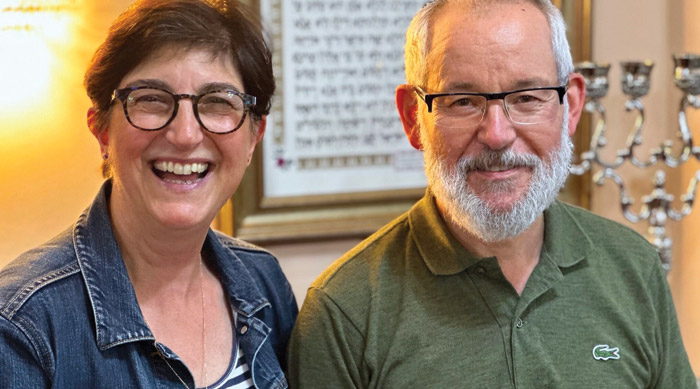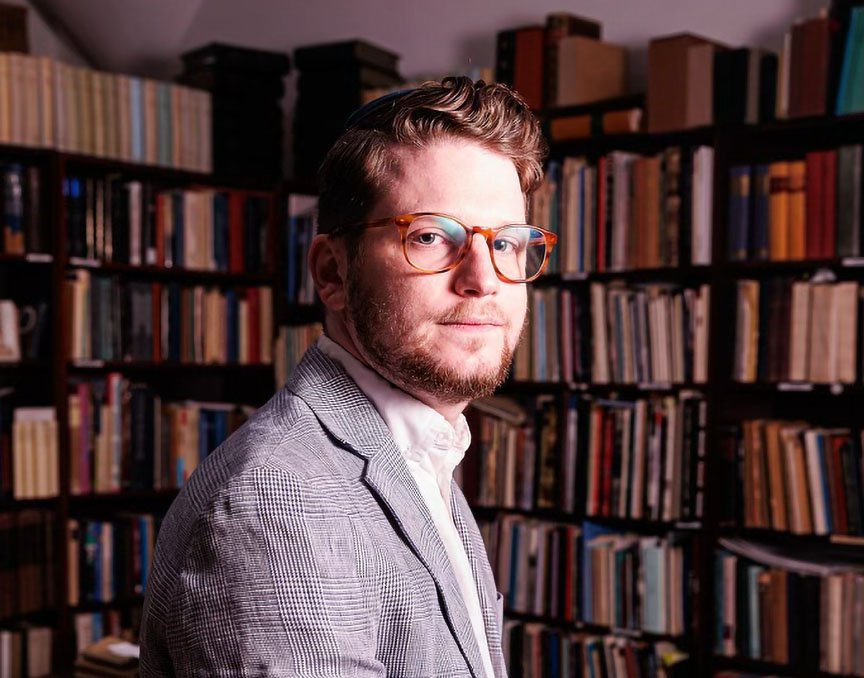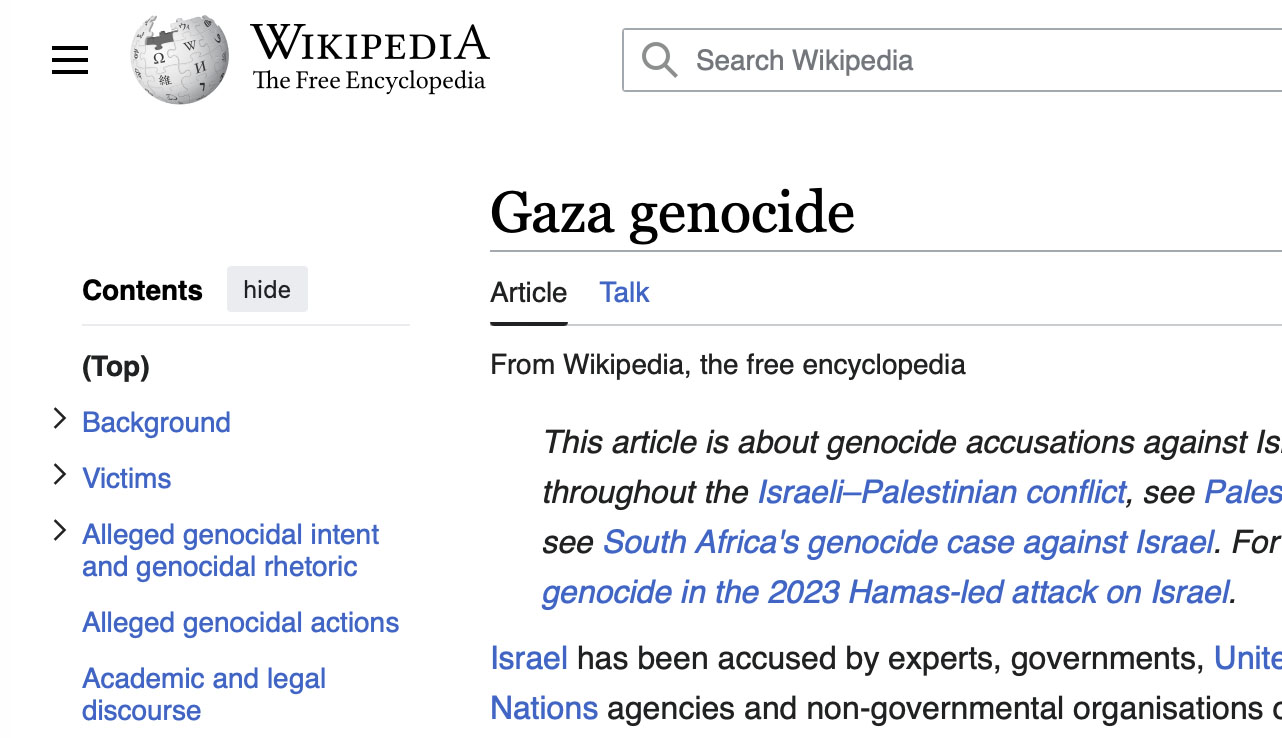
Greenberg Cartoons
Perhaps for his next cartoon, instead of a police car in the lower left-hand corner opposite a concerned looking Black man (June 5), Steve Greenberg could use a representation of a Chicago gang opposite a list of their victims (men, women and even children), dozens of whom are shot and many of whom die.
One recent weekend, 114 were shot and 14 killed, including 5 children. Athlete Brandon Hendricks, 17, was killed on June 28 in New York; a yet to be named 16-year-old was killed on June 29 in Seattle’s CHOP/CHAZ; and a legion of Chicagoans including 20-month-old Sincere Gaston, shot in the chest; 10-year-old Lena Nunez, hit in the head; 17-year-old Antiwon Douglas; 31-year-old Arthur Owens; 19-year-old Tyrone D. Thomas; 49-year-old Robert Chitty; 41-year-old Dannanris Lipscomb; 30-year-old Victor Hudson; 35-year-old Kevin Applewhite; 15-year-old Jeremiah James; 24-year-old Shanon Steward, etc.
Greenberg should ask himself: Do these lives matter?
Warren Scheinin, Redondo Beach
A week ago, I sent a letter to the Journal criticizing a cartoon condemning the proposed annexation of parts of the West Bank pursuant to President Donald Trump’s peace plan (June 26). The reason for the condemnation was that annexation would make “American Jews” and “the international community” unhappy.
My letter asked, “so what?” The point of annexation was not to add land, but to bring the Palestinians to the negotiating table. After sending that letter I learned that, sometime during the week preceding July 1 (the earliest date prescribed by the peace plan for annexation), the Palestinian Authority announced its willingness to negotiate.
Is the point of this letter that I am prescient? No.
But even the Washington Institute’s Dennis Ross didn’t seem to get it, and I don’t blame you if you didn’t get it either. But I do blame you for not publishing letters that spell it out.
Robert Helfing, Pasadena
Systemic Racism
I’m not an expert on systemic racism, although when I was preparing to attend college, the school’s admissions policies were guided by geographical considerations and, as a result, a large number of people of my faith were excluded from choosing their field of study.
Or afterward, with degrees in hand, my fellow believers were excluded from pursuing their careers in established facilities and had to create institutions for their faith’s followers. Nor did I note that members of my faith have been attacked since its coming into existence 5,000-plus years ago; Egyptians, Romans, English, Spanish, Russians and even Japanese tortured or degraded them and, of course, the Germans and their allies killed 6 million of them.
Even today, the nation of my people is under constant siege from its neighbors and the United Nations; in this country, the movement that cares about Black lives endorses a policy to boycott, divest and sanction Israel, a country of 9 million.
I may not be able to explain what systemic racism is but I’m like Justice Potter Stewart, who said that he may not be able to explain pornography but he knew it when he saw it. I know systemic racism when I see it.
Sidney Gold, via email
Americans Who Love Their Country
My short answer to David Suissa’s question is: Yes, the vast majority of Americans still love this country — maybe in a different way for everyone (“Does Anyone Still Love America?” July 3).
Humans make many mistakes. So do nations. Some humans make the same mistakes repeatedly. So do some nations. Isn’t the ability to experience shame for repeating the same mistakes the human emotion necessary to stop repeating those mistakes? Isn’t the inability to experience shame in such cases the human emotion, close if not identical to pride, that disables humans and nations from overcoming old and unproductive patterns of behavior?
Svetlozar Garmidolov, Los Angeles
David Suissa’s July 3 column was his best ever, so beautifully written and brilliantly articulated.
Martin Shandling, Los Angeles
Defunding the Police
Larry Greenfield makes a cogent point in describing the risks of defunding the police (“Defunding the Police Entails Risk,” July 3). After the death of George Floyd, many activists advocated defunding police departments. Floyd died when a Minneapolis police officer used his knee to pin Floyd’s neck to the pavement. The police officer was arrested and probably will be convicted. That doesn’t mean that police departments should be defunded.
After Floyd’s death, many activist groups complained that there is systemic racism among the police departments and, on that basis, they should be defunded.
The statistics cited by Greenfield suggest that there is no systemic racism among police forces. Accusing the hundreds of thousands of law enforcement officers in the U.S. of systemic racism is accusing an entire group of guilt by association because of the actions of very few people.
In the 9/11 attacks, the actions of 19 Muslim men caused the deaths of 3,000 Americans. Americans were repeatedly admonished not to hold all Muslims responsible because a small number caused significant harm to all of us.
The movement to defund police is effectively based on assuming systemic racism among all police based on the actions of a few.
Marshall Lerner, Beverly Hills
Charedi Freedom
While I was contemplating Monica Osborne’s depiction of Esty, a character in the TV series “Unorthodox,” dressed in her “noticeably frumpy” clothes, casting off her wig in the waters, as an “unfettering” and an embracing of freedom from her ultra-Orthodox upbringing, I recalled a visit by my niece, Sara, a Charedi lifeguard pursuing a master’s degree, who is highly intelligent and now happily married, proud to wear her sheitel (wig). (“When Orthodox Women Go Trolling,” July 3).
Sara, dressed in modest, casual yet elegant attire, refused to take off her thick stockings when she waded into the ocean because she, like many other happy, fulfilled Orthodox women, devoutly believes that the laws of modesty are intrinsic to what a Jewish woman of valor is.
Charedi women aren’t unlike other women in that their family lives impact their choices. Esty was unhappy in her early and later life so, feeling suffocated, she yearned to escape. If Esty, like my niece, came from a nurturing, empowering family, she probably never would have sought another life.
Mina Friedler, Venice
Now it’s your turn. Don’t be shy, submit a letter to the editor. Letters should be no more than 200 words and must include a valid name and city. The Journal reserves the right to edit all letters. letters@jewishjournal.com.






















 More news and opinions than at a Shabbat dinner, right in your inbox.
More news and opinions than at a Shabbat dinner, right in your inbox.